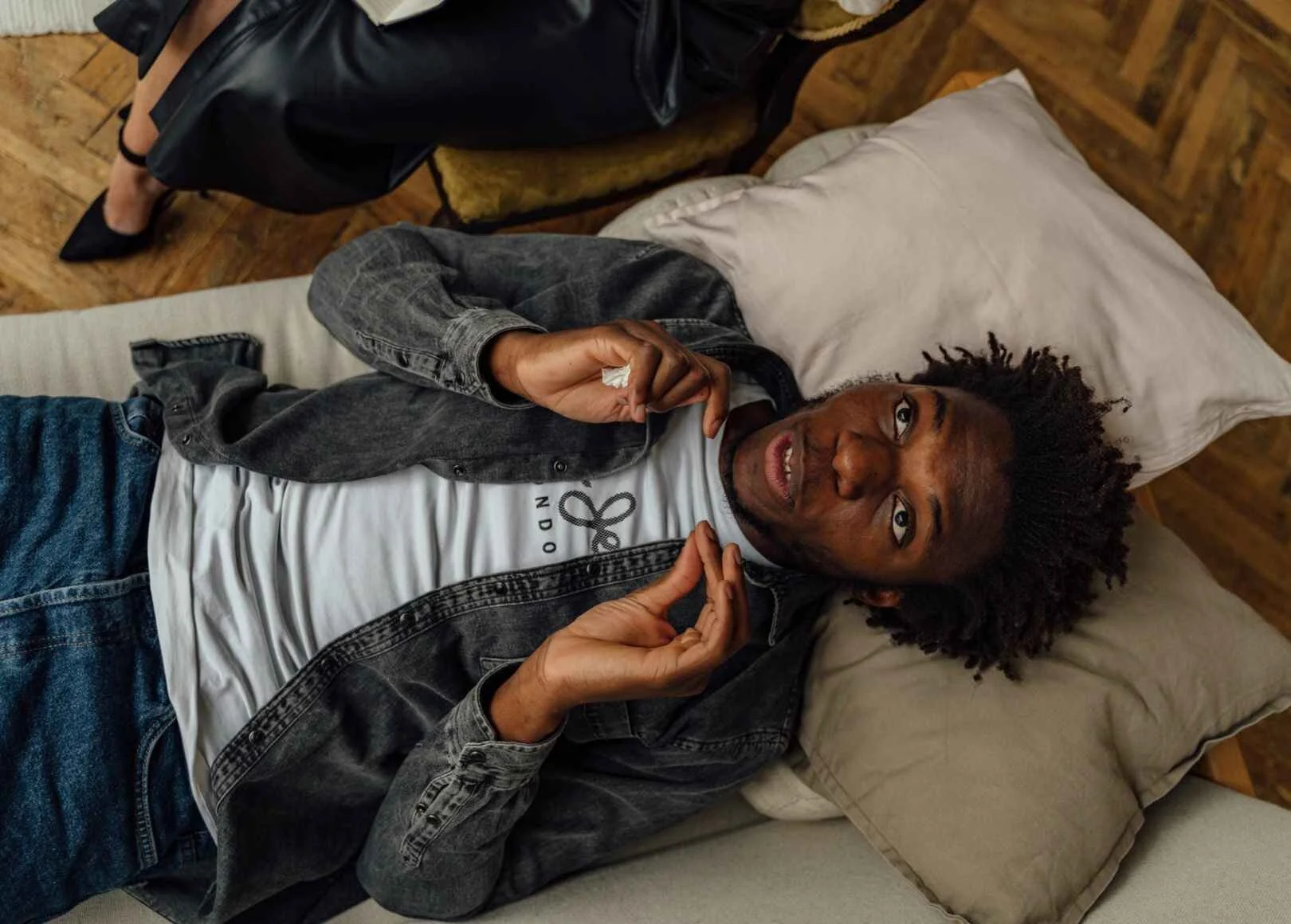This blog can definitely veer into mystical or weird, which I hope some of you find interesting. But today I would like to focus on a practical thing you can do daily every day. I don’t know what your morning routine is like. Maybe you have children and most of your morning is filled with activity, and you don’t really have a second to breathe. Or maybe you’re a later riser, and you stumble out of bed right into the workday. That can be a taxing way to live. Living this way means to enter the day without any reflection. And before you know it, the days, months, and years pass, and you haven’t done much reflection at all about your life.
As I’ve gotten older, my mornings have become precious to me. I have the luxury of not having children, which makes it immensely easier. And my job affords me flexibility, which lets me have more time in the mornings. All of this is a luxury I realize. But one way of living that I have implemented every day is something I call “self-therapy.” I discovered the concept of “self-therapy” in Erich Fromm’s book, “The Art of Being.”
Self-therapy is what it sounds like: doing a bit of therapy for yourself every morning. You can do this anywhere, but you need to be alone. You can lie in bed, sit on the couch, or use a meditation cushion. The most important thing is to be without distractions, which can be hard. This means put your phone somewhere far away. The next step is to pay attention to what kind of thoughts and feelings are coming up. Are you thinking about work? Are you sad? Are you scared? What feels scary? Are you thinking about money?
Once you pay attention to what is on your mind, try to dig a bit deeper and pay attention to some themes. This is the really hard part, the part a real-life trained therapist can give you. But with some practice, you can get better at this and even get some insights. The most important thing is to acknowledge what you are thinking and feeling. This sounds so obvious, but it is not. Most of our thoughts and feelings are happening in the background, and many of us don’t even check it with ourselves.
Once you acknowledge your feelings, you can start to see themes. Perhaps one theme is that you are constantly anxious about your relationships, whether it’s with friends or romantic partners. That is totally ok to feel but what does that mean? Where is that anxiety coming from? Are there parts of your childhood that need unpacking? Are there times you feel secure? What does that feel like?
You can see how this line of questioning can throw you down the rabbit hole. I find the process incredibly helpful. And to be honest, you don't need a ton of time, maybe 10 or 15 minutes at most. And if you don’t have the time, money, or resources to see a therapist, this is a simple but incredibly tool for self-exploration.

